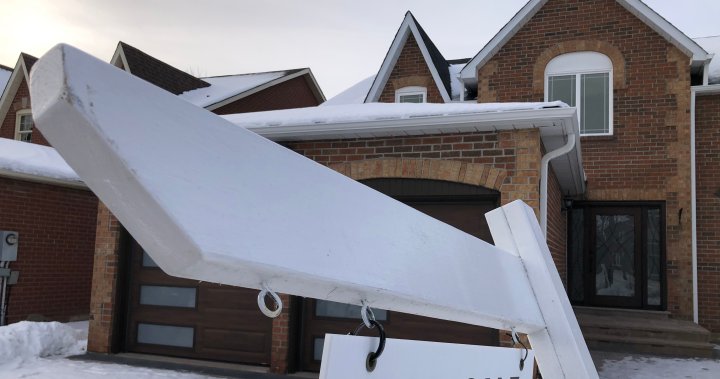A plan to change how capital gains are taxed in Canada is not included in the Liberals’ bill to implement the 2024 federal budget, but Finance Minister Chrystia Freeland says the government is still committed to the plan.
Freeland tabled the Budget Implementation Act in the House of Commons on Tuesday, which included plans to introduce a swath of measures introduced in the Liberals’ spending plans unveiled on April 16.
One of the ways the Liberals planned to fund its latest spending plans was with a change to how capital gains — net profit from the sale of an asset like a stock or investment property — are taxed in Canada.
Budget 2024 proposed to raise the inclusion rate on those proceeds to 66.7 per cent for all corporations and trusts and for individuals making more than $250,000 in capital gains annually. For individuals, any such gains made under that bar would continue to face the current inclusion rate of 50 per cent.
While not included in the budget implementation bill, Freeland confirmed to reporters on Tuesday that the legislation for capital gains tax changes is still coming.
Financial news and insights
delivered to your email every Saturday.
“We are very committed to the capital gains measures that we put forward in the budget,” she said during a press conference in Ottawa.
The increase to the inclusion rate is expected to generate more than $19 billion in tax revenues over five years, which will help the Liberals pay for a slew of new spending on things like housing and national defence.
Freeland said that the revenue from raising the inclusion rate on capital gains is necessary to pay for the “essential investments” elsewhere in the budget, which the Liberals have pitched as ensuring “fairness” for all generations. She reiterated her argument that it’s “absolutely fair to ask those who are at the very top to contribute a little bit more.”
The changes have sparked pushback from businesses, entrepreneurs and doctors who expect to pay more in taxes as a result of the changes.
Principal residences would remain exempt from capital gains taxes under the proposed change, though investment properties including families with cottages as secondary homes could be subject to the higher inclusion rate.
Freeland did not provide more details on Tuesday when pressed about when she would be tabling separate legislation on the capital gains tax changes.
But the finance minister did reiterate that the Liberals are committed to the budget’s planned June 25 implementation date for the capital gains changes.
The federal Conservatives have not taken a position yet on the proposed tax changes.
When asked if she was separating the capital gains bill to force the Conservatives to vote directly on the item, Freeland said, “no.”
— with files from the Canadian Press
© 2024 Global News, a division of Corus Entertainment Inc.




